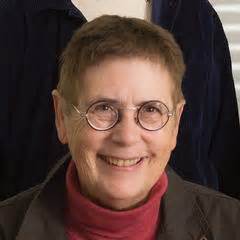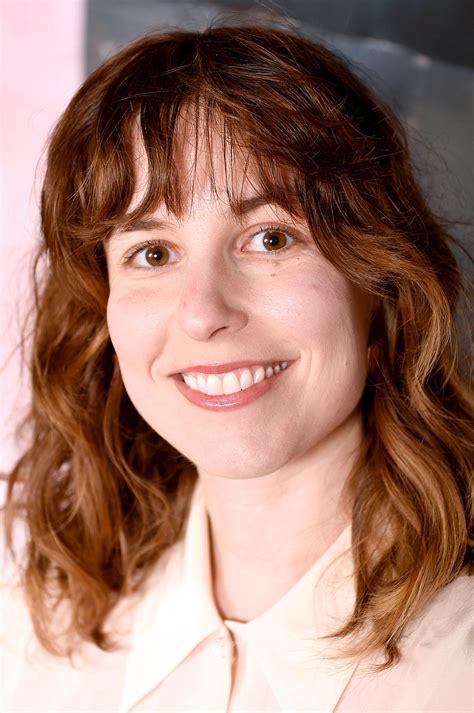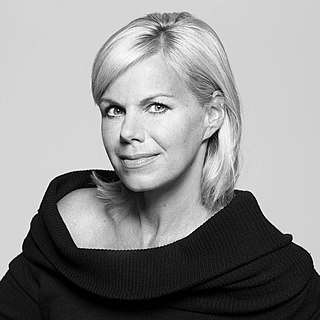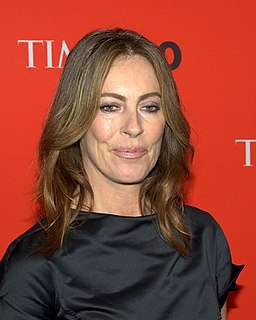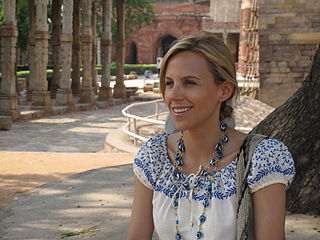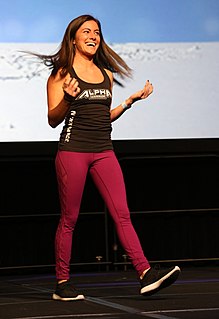A Quote by Jane Campion
One of the things we learn in movies directed by men is what the 'fantasy woman' is. What we learn in movies directed by women is what real women are about. I don't think that men see things wrong and women right, just that we do see things differently.
Related Quotes
I wish you would stop and seriously consider, as a broad and long-term feminist political strategy, the conversion of women to a woman-identified and woman-directed sexuality and eroticism, as a way of breaking the grip of men on women's minds and women's bodies, of removing women from the chronic attachment to the primary situations of sexual and physical violence that is rained upon women by men, and as a way of promoting women's firm and reliable bonding against oppression. . . .
Internationally and in foreign markets, movies starring women don't make as much money as movies starring men. And then you can blame filmmakers, especially in comedy, which is my bread and butter, because it's become a bit of a boys' club over the years. With the boys in charge you get these takes on women which are either the girlfriend or the mean wife or the girl who appears in a romantic comedy. You're just getting either men's fantasies about women or what they think is the reality about women instead of men just having a healthy attitude about women.
If I have a male protagonist, it's a studio movie, and if it's a female protagonist, it's an indie movie. That's just how it is. It's not about the studios. It's about America and who goes to see movies. Women are interested in men and women, and men aren't interested in the woman's story. They just aren't.
Among the real heroines in the world who will come into the Church are women who are more concerned with being righteous than with being selfish. These real heroines have true humility, which places a higher value on integrity than on visibility. Remember, it is as wrong to do things just to be seen of women as it is to do things to be seen of men. Great women and men are always more anxious to serve than to have dominion.
We need more female directors, we also need men to step up and identify with female characters and stories about women. We don't want to create a ghetto where women have to do movies about women. To assume stories about women need to be told by a woman isn't necessarily true, just as stories about men don't need a male director.
I think a lot of women who are celebrities and who are very beautiful have terrible problems with their men being very controlling. Women allow themselves to be dominated and controlled by men in all sorts of other ways that are very complicated, you know? I don't really see a lot of women engaging in discussions about the struggles and power relations with men and their lives, like their bosses, boyfriends, husbands, coworkers. I don't see that happening very often, whereas I see a lot of misogyny on the internet. I see a lot of hatred towards women and a lot of fear of women.
If there's specific resistance to women making movies, I just choose to ignore that as an obstacle for two reasons: I can't change my gender, and I refuse to stop making movies. It's irrelevant who or what directed a movie, the important thing is that you either respond to it or you don't. There should be more women directing; I think there's just not the awareness that it's really possible. It is.
To sew is to pray. Men don't understand this. They see the whole but they don't see the stitches. They don't see the speech of the creator in the work of the needle. We mend. We women turn things inside out and set things right. We salvage what we can of human garments and piece the rest into blankets. Sometimes our stitches stutter and slow. Only a woman's eyes can tell. Other times, the tension in the stitches might be too tight because of tears, but only we know what emotion went into the making. Only women can hear the prayer.
There's such a stereotype about men and women. Obviously, people think men are faster and stronger and all these other things, and I don't want people to get sucked into that anymore. I want them to realize that the women are out here and doing just as awesome things. They can be just as great, too.

